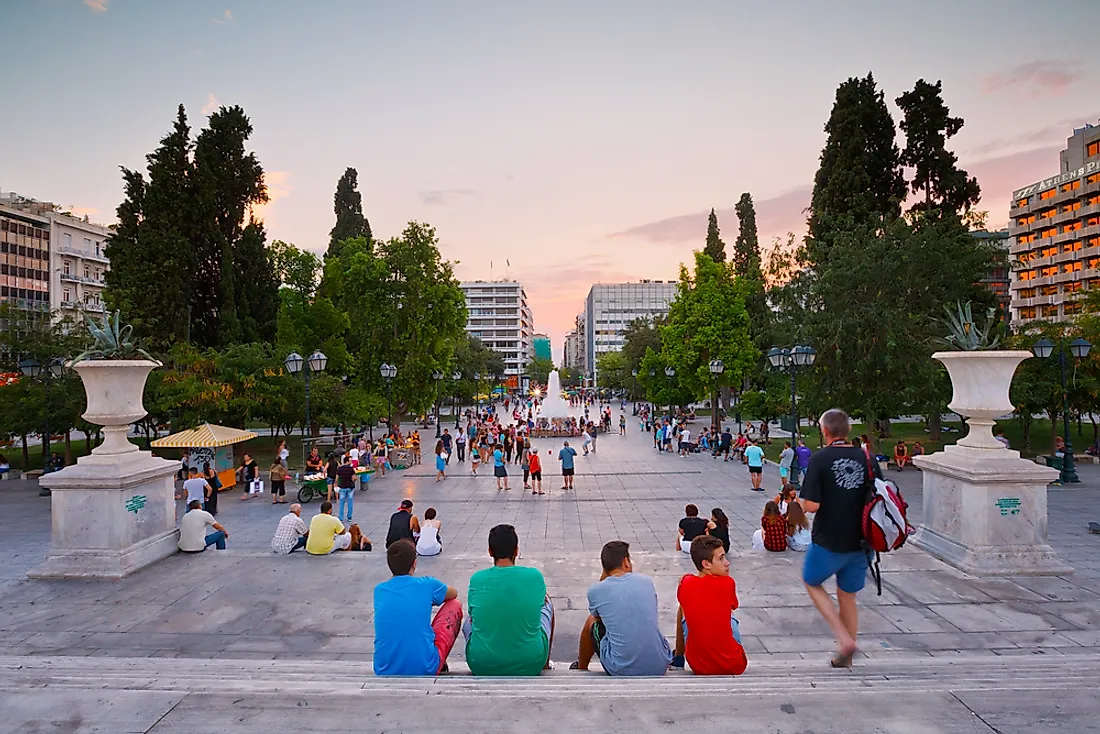What Is The Ethnic Composition Of Greece?

Greece, officially known as the Hellenic Republic, is a sovereign state in Southeastern Europe. It is the 87th most populous country in the world with a population of about 10.5 million as of 2019. Greece is among the few countries in the world that have registered a decline in population over the past decade. The population density is about 212/square mile. Athens is the capital and largest city; it is also among the oldest cities in the world, dating back to at least 3,500 years. About two-thirds of the Greek population lives in the urban environment.
Ethnic Groups
It is difficult to quantify the ethnic diversity of the Greek population since the collection of data concerning ethnic, linguistic, and religion of the minorities was abolished in 1951. However, it is estimated that 98% of the population is Greek, while minority groups include Albanian, Turks, Macedonians, Armenians, Bulgarians, and Jews. Greek is the official language and is spoken by more than 90% of the population as a first or second language.
Minority Ethnic Groups of Greece
Albanians
Albanians in Greece are divided into Arvanites and Cham Albanians. Both groups migrated into the country during the late Middle Ages, but in the 20th century, economic immigrants migrated from Albania to Greece and settled in Thrace. There are about 445,000 Albanians in Greece, but some identify as Greeks.
Romani
The Romani population is believed to have migrated into Greece from India. They practice nomadism and are scattered across the country. The Romani are divided into Greek Roma who identify as Orthodox Christians and the Roma Muslims who consider themselves Turkish.
Macedonians
Macedonians are mostly found in the Macedonia region of Greece. Part of the population claim to be native while the other is believed to have migrated from present-day North Macedonia. There are about 150,000 Macedonian in Greece most of whom are Orthodox Christians
Religion
The constitution recognizes the Eastern Orthodox Christianity as the primary religion in the country. During the Ottoman Empire, the Orthodox church was the official representative of Christianity. The church is credited with preserving the Greek language, national identity, and values. The church was also a unifying factor and a rallying point during the revolution against the Empire. A Muslim minority is concentrated in Thrace and mostly consist of Muslim Bulgarians and Turks.











